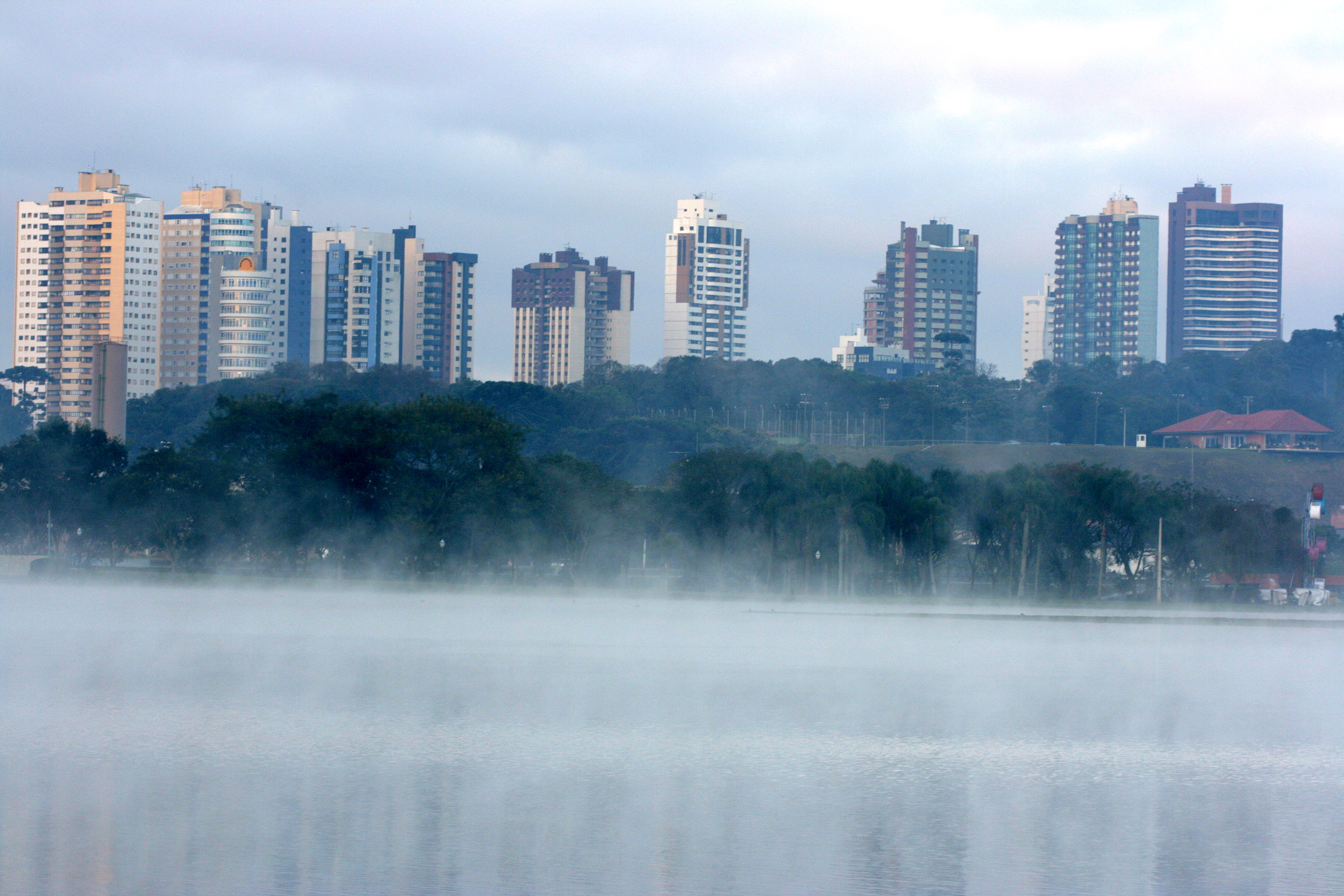Now that I've written about how I'm mainly going to stay in PoA during my 4 months in Brazil, I'll amuse y'all by already adding a second stop on my travel wishlist: Curitiba.
It's north of PoA, but only by 340 miles...Considering that in Texas, I'll drive 6 hours from Austin to South Padre Island/Brownsville for a long weekend, I think it's a feasible trip.
When people hear I'm going to Brazil, they often remind me of the violence there. That perception will certainly be a topic of a future blog entry, likely more than one, considering that I'll be working with kids in trouble with the law. However, as a result of people telling me to "be careful" and probably as a result of all this social work training I'm getting, I'm especially curious to seek out what is working well in the country.
Curitiba, which has been called "...the best planned city in Brazil and an international model for sustainable development," appears to be a good example things working well.
In PBS's Frontline/World, Tim Gnateke traveled to the city and writes about the experience here. He writes, "When I first began reading about Curitiba, I imagined a golden city whose planners had solved all the problems of urban living."
Of course, the reality didn't quite live up to that expectation (how could it?), but Gnateke describes what he does see:
While visiting Curitiba, I witnessed scenes of daily life that added greater dimension to the international model I read about back home. Seconds after a man tossed an empty can onto a dark street, I watched a child dart from a corner to collect and redeem it for cash or food through Curitiba's world-renowned Cambio Lixio trash exchange program. I saw people lining up all hours of the night to log on at free, public Internet terminals along Rua 24 Horas -- one of the city's lively pedestrian-only streets, lined with shops and restaurants. I watched children playing on park equipment that I learned was transported to Curitiba by an old city bus, later converted into a mobile recreation center. The vignettes were testaments to the city's embrace of urban planning and environmental protection -- something I didn't witness in the rest of my travels in Brazil.
It can be easy to idealize a place without ever going there. I just feel interested to see what "progressive urban planning" can look like in a developing country, what it looks like compared to cities I've lived, and to hear what locals actually feel about where they live. People come from all over the world to gain inspiration from Curitiba's urban planning and so it'll be fun to step out of the literature about the city and into the actual city, to look for that inspiration on the street-level.







No comments:
Post a Comment